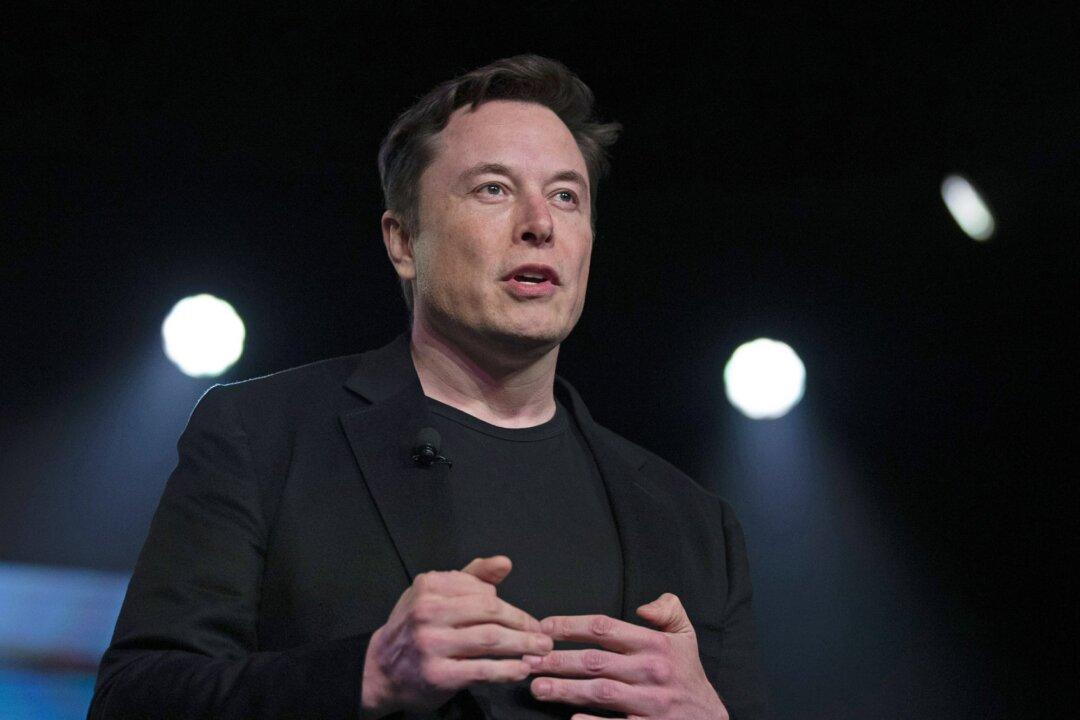Responding to equipment shortages amid the COVID-19 pandemic, Tesla CEO Elon Musk said he bought 1,255 FDA-approved medical ventilators from China and had the devices flown into Los Angeles.
Musk said in a tweet on March 23 that he purchased the devices on Friday, adding that “if you want a free ventilator installed, please let us know!”





